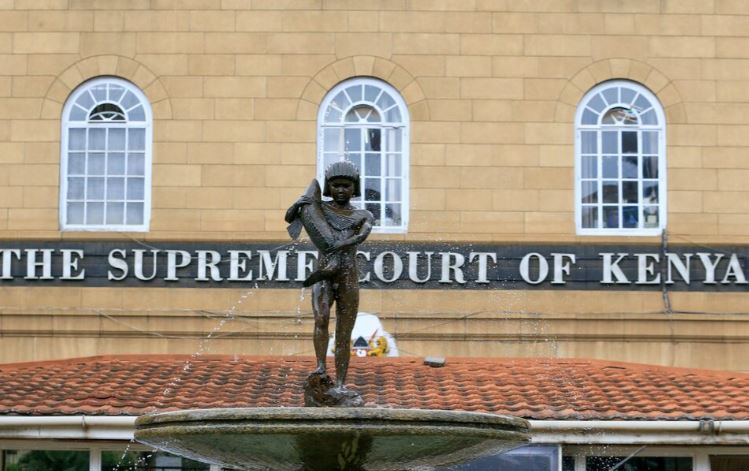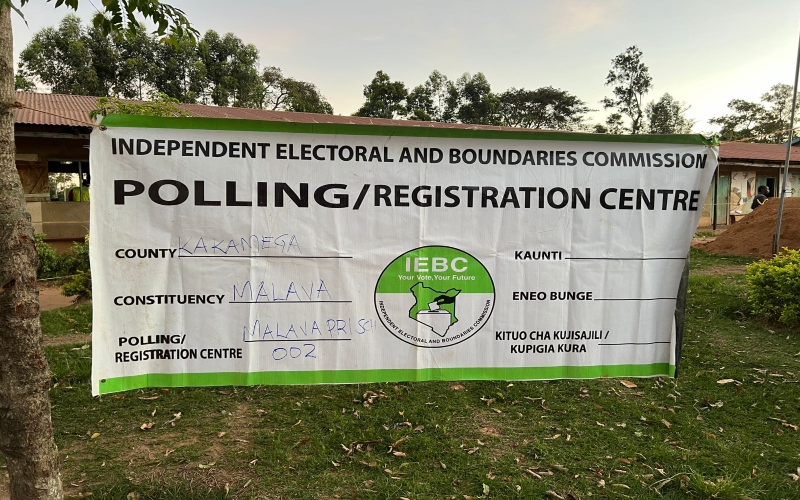Supreme Court upholds Sh1.3bn award for Uhuru Owino residents over lead poisoning

The court's decision asserts that the polluter must not only compensate the affected but also restore the environment.
The Supreme Court has ruled in favour of the residents of Uhuru Owino slum, Mombasa, upholding a Sh1.3 billion award for personal injury and loss of life caused by environmental pollution from a nearby lead-acid battery recycling plant.
The decision marks a victory for the community which has long battled health issues linked to lead poisoning from the Metal Refineries EPZ Limited plant.
More To Read
In a judgment delivered on Friday, the Supreme Court noted the principle that polluters should bear the responsibility for compensating victims and restoring environmental damage.
"An award of Sh1.3 billion to the 2nd–11th appellants was thus made for personal injury and loss of life payable within ninety (90) days from the date of judgment by the 1st appellant and the respondents," the court ruled.
The case stems from claims by Mombasa residents that the metal refinery, which operated from 2006 until its closure in 2014, contaminated the surrounding environment, causing severe health issues.
Restore environment
The court's decision asserts that the polluter must not only compensate the affected but also restore the environment.
"The polluter must bear the burden of compensating those affected by pollution and also take responsibility for restoring the environment," the Supreme Court stated.
It further reiterated the "polluter pays" principle, which demands that those responsible for environmental harm must fund its prevention, control, and remediation.
The court also reinstated an award of Sh700 million for environmental restoration but sent the matter back to the Environment and Land Court (ELC) to reassess the compensation for loss of life and personal injury.
The judges noted that the award was based on strict liability and the accountability of polluters for the harm they cause.
As part of the ruling, the Supreme Court directed that Metal Refineries EPZ Limited and the National Environment Management Authority (NEMA) undertake a cleanup of the contaminated soil and water within four months.
The court required NEMA to report every three months to the ELC in Mombasa on the progress of the restoration efforts.
In its ruling, the court highlighted that NEMA had failed to invoke the "polluter pays" principle as stipulated by the Environmental Management and Coordination Act (EMCA), noting that no prosecution or payment for restoration had been undertaken.
The legal battle began after Metal Refineries set up operations in Uhuru Owino in 2006, focusing on recycling lead-acid batteries.
Following the closure of the factory in 2014, residents were left to contend with the lasting impact of pollution, triggering the ongoing court case.
The government, NEMA, and Metal Refineries, along with several other stakeholders, including the Ministry of Health and the Mombasa County Government, have been involved in the case.
Top Stories Today
















































